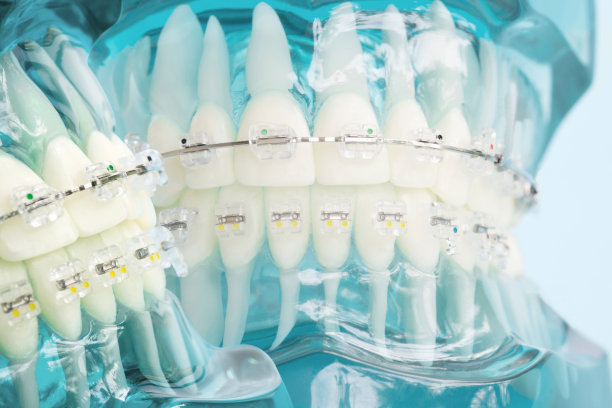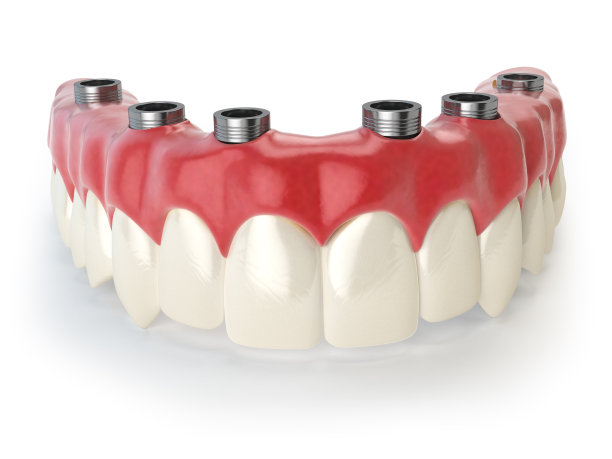Summary: Dental implants offer a long-lasting solution for missing teeth, but the procedure requires careful consideration and preparation. This article outlines essential guidelines and precautions to ensure safety and optimal results before undergoing a dental implant procedure. From understanding the importance of consultation with a professional to managing personal health factors, each aspect is critical to achieving a successful outcome. Additionally, lifestyle habits and the significance of a supportive aftercare plan are highlighted to promote healing and longevity of the dental implant. With a comprehensive approach, patients can pave the way for effective and safe dental restoration.
1. Importance of Professional Consultation

The journey to getting dental implants begins with a thorough consultation with a qualified dental professional. During this initial meeting, the dentist will assess your oral health, take necessary X-rays, and discuss your medical history. These steps are crucial to determining if you are a suitable candidate for the procedure.
Moreover, a detailed discussion will help to address any questions or concerns you may have. The dentist will explain the implant process, possible risks, and expected outcomes. This exchange of information ensures that you are well-informed and comfortable moving forward.
In addition to assessing physical health, your dental provider may refer you to specialists if necessary. Partnerships with oral surgeons, periodontists, or orthodontists might be needed, particularly if significant preparatory work is required before the implants can be placed.
2. Managing Personal Health Factors
Your overall health plays a significant role in the success of your dental implant procedure. Conditions such as diabetes, autoimmune diseases, or cardiovascular issues can impact healing processes and may increase the risk of complications. It is vital to disclose your complete medical history to your dental provider.
If you are taking medications that might affect healing, such as blood thinners or immunosuppressants, discuss these with your dentist. They may adjust your treatment plan accordingly or advise you on temporary adjustments to your medication prior to the surgery.
Furthermore, smoking is a major risk factor that can hinder healing and lead to implant failure. If you are a smoker, consider quitting or at least reducing consumption before and after the procedure. Your teeth and gums will benefit from a healthier lifestyle, enhancing the chances of successful dental implants.
3. Understanding the Procedure and Its Risks
As with any surgical procedure, potential risks include infection, implant failure, and nerve damage. By understanding these risks, you can engage in a proactive manner with your dental team to ensure that they are mitigated effectively.
Taking pre-emptive actions such as maintaining excellent oral hygiene, attending regular dental check-ups, and following your dentists postoperative instructions will significantly contribute to the success of your implants. Knowledge of what to expect during the recovery phase allows you to prepare well and manage any discomfort that may arise.
4. Importance of Aftercare and Lifestyle Adjustments
After the dental implants are placed, diligent aftercare is critical for a successful recovery. Following the dentists instructions for post-surgery care helps prevent complications and promotes healing. This may include dietary restrictions, pain management, and tips on oral hygiene techniques.
Incorporating healthy lifestyle adjustments will further support recovery. A balanced diet rich in vitamins and minerals strengthens the immune system and supports tissue repair. Staying hydrated and avoiding strenuous activities are also recommended during the healing phase.
Lastly, regular follow-up appointments are essential to monitor the healing process. Your dentist will check the stability of the implants and make necessary adjustments to ensure they integrate properly with your bone structure. By committing to aftercare, you significantly improve the longevity of your dental implants.
Summary:
In summary, preparing for a dental implant procedure requires meticulous planning and consideration of various factors. Professional consultation, management of personal health issues, understanding the procedures risks, and a solid aftercare plan are paramount for success. Engaging in open communication with your dentist and making necessary lifestyle adjustments will not only enhance your experience but also ensure the optimal integration of dental implants.
This article is compiled by Vickong Dental and the content is for reference only.
Vickong Dental
Vickong Dental is a large medical group established in Hong Kong in 2008 by professors from well-known medical universities in Guangdong and Hong Kong, as well as medical doctors from key national '985' universities (including Master's supervisors and senior professors). The chain of branches brings together expert dentists with PhDs and Master's degrees from Hong Kong and Mainland China, committed to providing high-quality dental treatment.
"Vickong Dental Practices the University Motto of 'Healing and Serving Society,' with a Stable Operation for Sixteen Years. It Has Been honored with Hong Kong Enterprise Leaders's Choice,' and is a Global Trusted Implant Center for the Nobel Implant System. Recommended by Hong Kong Metro Broadcast and Guangdong Television, it Serves Customers from Over Thirty Countries and Regions, Gaining the Trust and Favor of Citizens from the Guangdong-Hong Kong-Macau Greater Bay Area and Surrounding Cities.

Thousands of customers' unanimous praise
The most recognized and highly recommended dental service by customers in the Guangdong-Hong Kong-Macau Greater Bay Area
We Ensure You Receive Detailed Care and Attention Here
Hong Kong standards, Shenzhen prices, Your Trusted English-speaking dentists

Vickong Dental Medical-Grade Instrument Disinfection Process
Vickong Dental Medical-Grade Instrument Disinfection Process

Vickong Dental Chain: A Warm and Comfortable Environment for Treatment






Appointment Hours

Q&A
Why choose Vickong Dental?
Vickong Dental practices the university motto 「Medicine to Benefit Society」, with each branch bringing together highly qualified dentists with doctoral and master’s degrees from Hong Kong and the Mainland, and has maintained seventeen years of steady operation。Recipient of 「2024 Hong Kong Enterprise Leaders Brand」, 「2025 Hong Kong Enterprise Leaders Brand」, a Nobel Biocare Global Trusted Implant Center, and a brand recommended by Metro Radio Hong Kong and Guangdong TV。
To date, we have served customers from more than thirty countries and regions,earning exceptionally high word-of-mouth recognition and trusted recommendations from residents across the Guangdong-Hong Kong-Macao Greater Bay Area and surrounding cities
We have eight major branches in Zhuhai、Shenzhen,and a consultation and service assurance center in Hong Kong,so you can book a free consultation at any time for any questions,which is very reassuring.
If I do not accept the quotation after the CT scan, will I be charged??
No! As long as the actual treatment has not started, you will not be charged any fees.
Will there be any additional charges during the treatment process?
No, there won’t be any additional charges. Before treatment begins, we will clearly explain the treatment plan and its corresponding fees. Only after the patient agrees and signs the consent form will we proceed with the dental service.
Can I pay in Hong Kong dollars?
Yes. Vickong Dental accepts payment in Hong Kong dollars. The amount will be converted based on the exchange rate of the day, and the applicable rate will be clearly communicated to you in advance.
Can I reschedule my appointment at any time?
Yes. Please contact us via **WeChat** or **WhatsApp** as early as possible, providing your original appointment time and details, along with your preferred new date and time slot for rescheduling.













